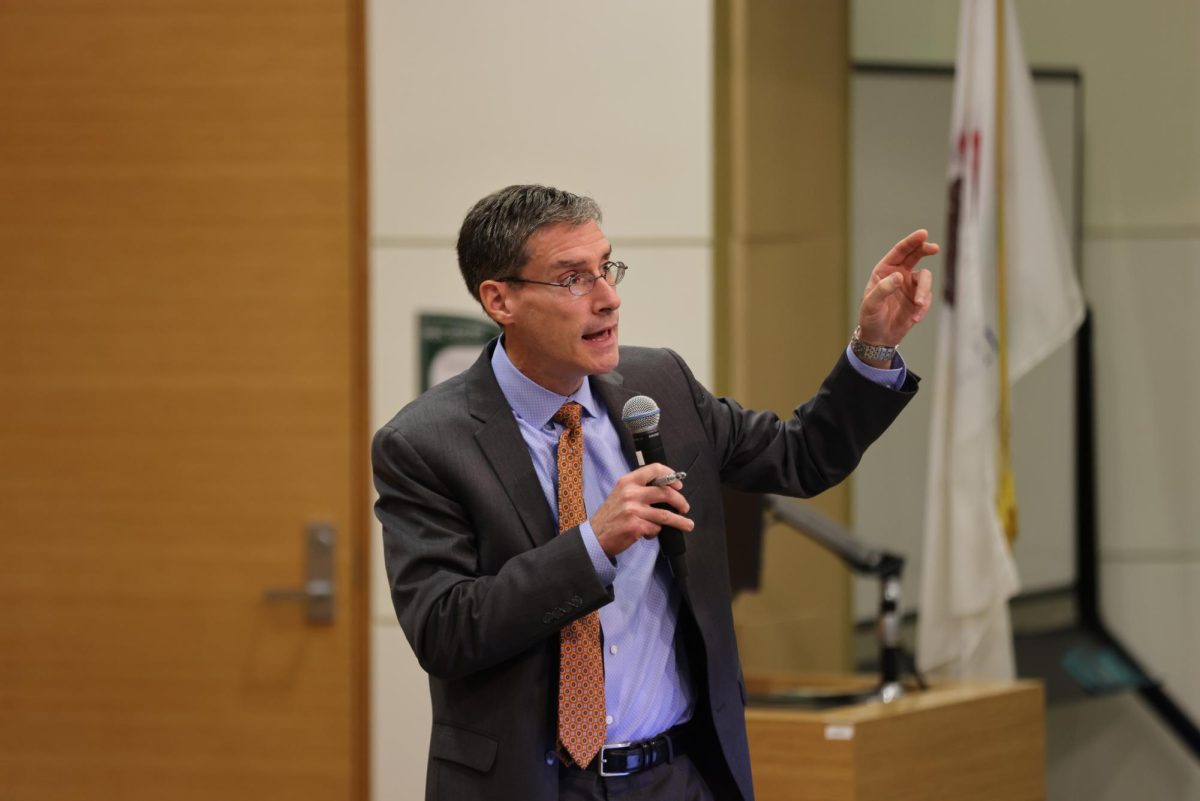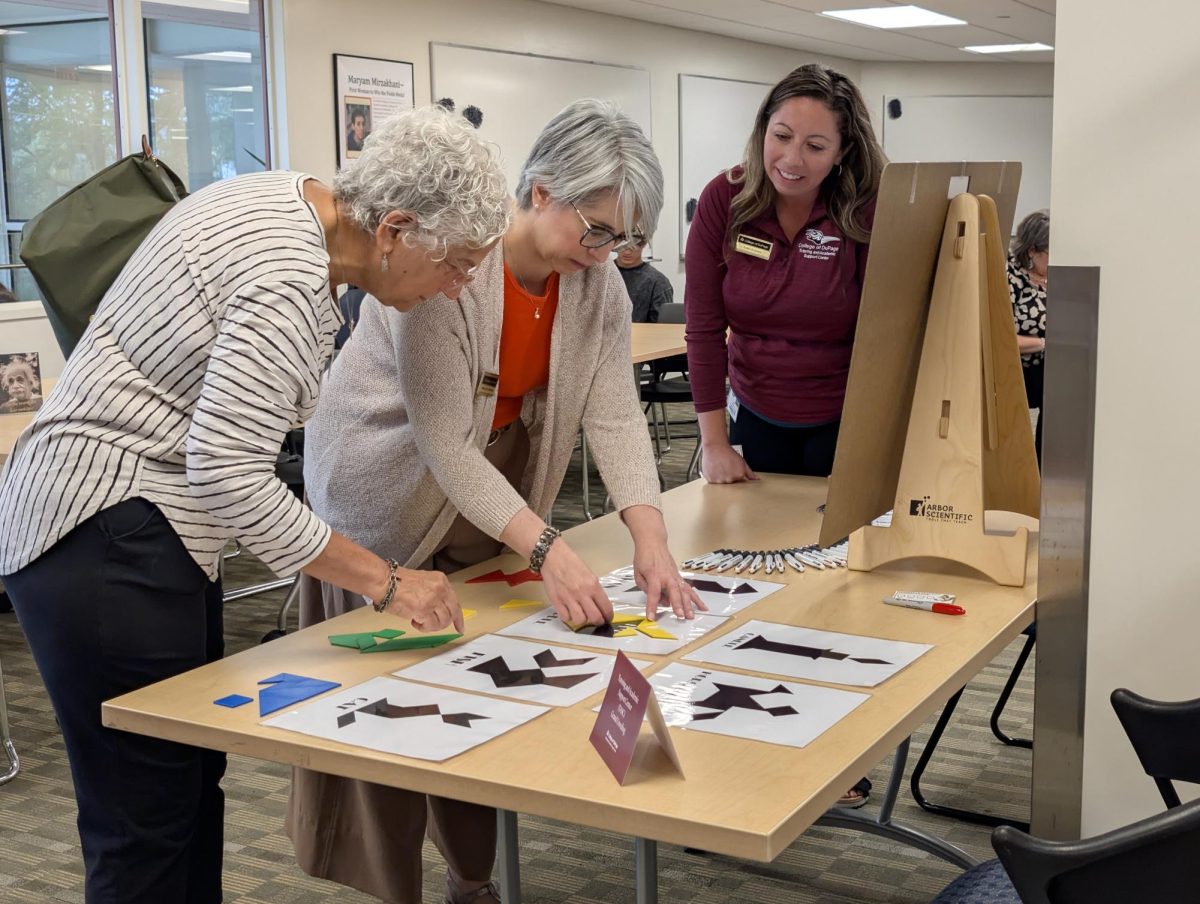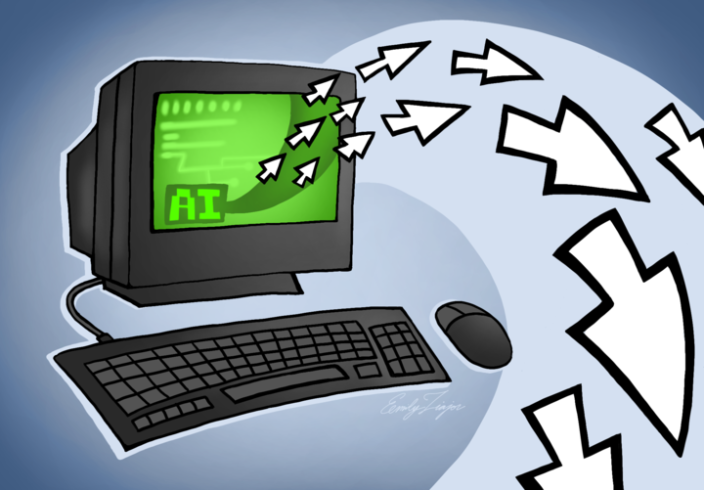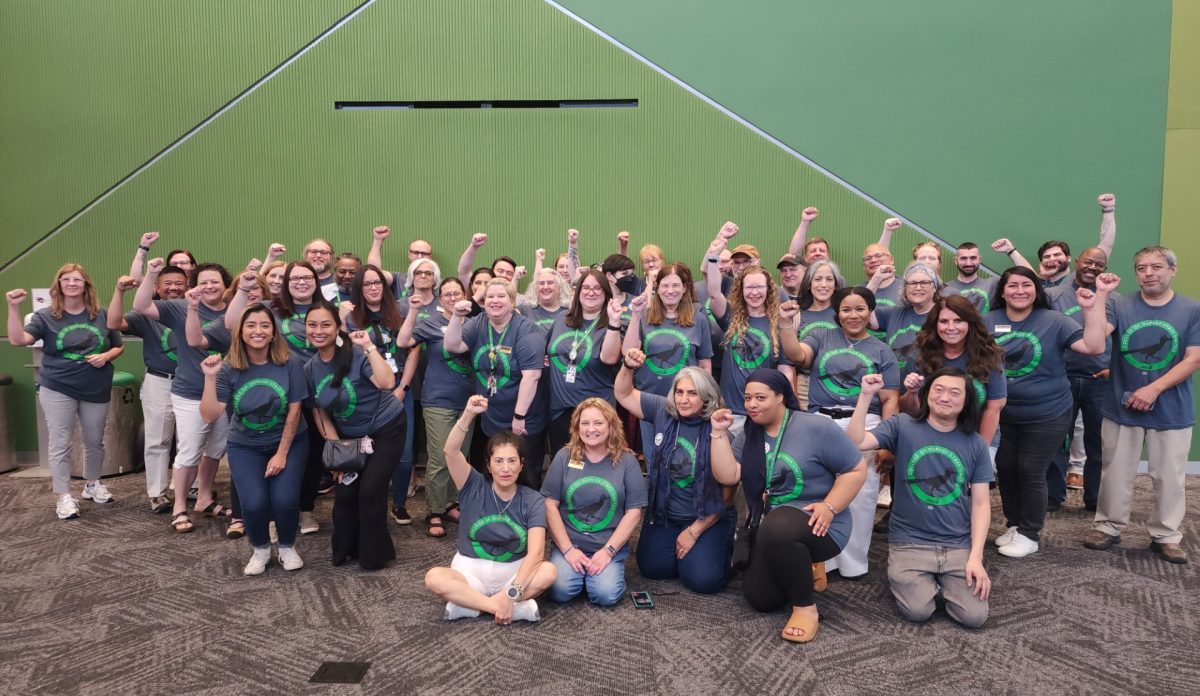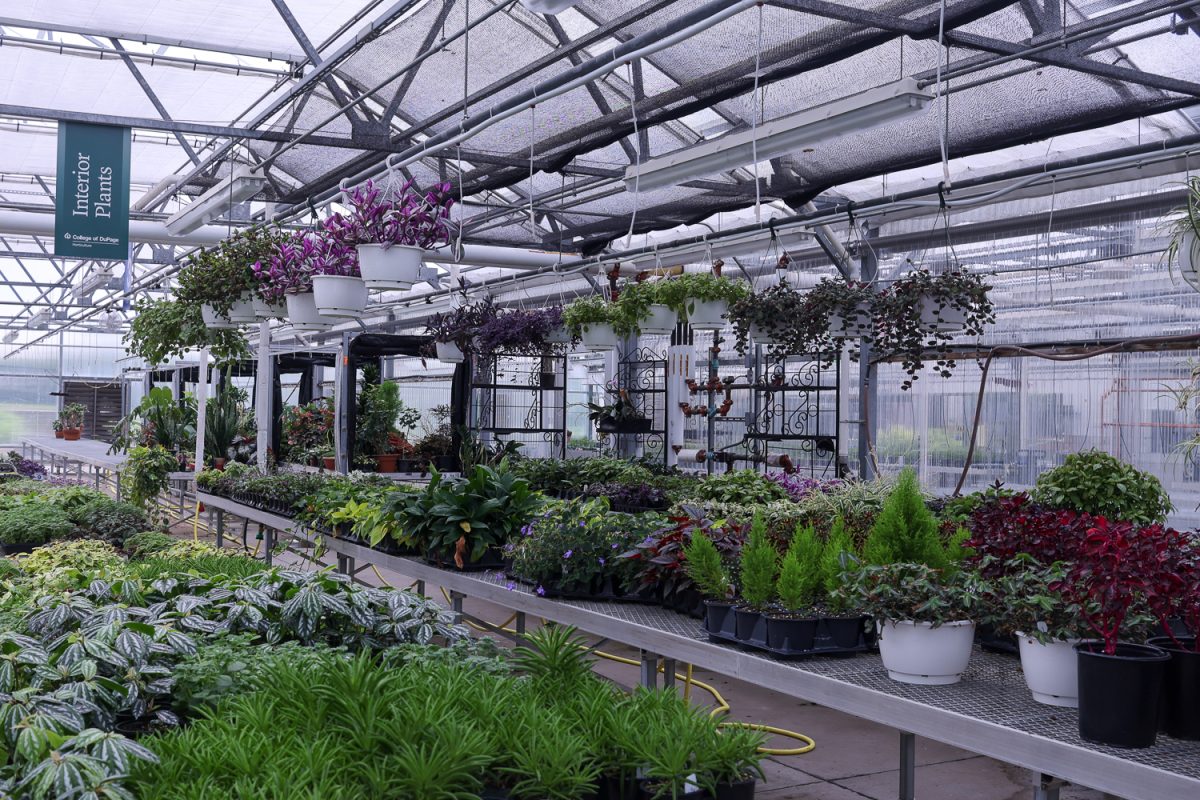College of DuPage (COD)’s Engineering Club landed in the national spotlight after placing sixth overall at the 2025 NASA Lunabotics Challenge. The competition, hosted at the Kennedy Space Center in Florida, drew collegiate teams from across the country to test their student-built lunar excavation robots. COD was the only community college among top four-year institutions competing in the national contest.
“Some of the judges didn’t even realize we were a two-year school based on our craftsmanship. They were shocked,” said professor and club adviser Eric Meloche. “It really put COD on the map.”
The NASA Lunabotics Challenge is an annual competition where student teams design, program, build, and operate robotic systems capable of mining and transporting simulated lunar soil. COD earned a spot in the final round after placing fourth out of 34 teams in the initial phase, during which their robot successfully built a berm within a 15-minute time slot.
“We had mechanical engineers, computer scientists, writers,” said Meloche. “Every student had a role. You rarely see that kind of collaboration in the classroom.”
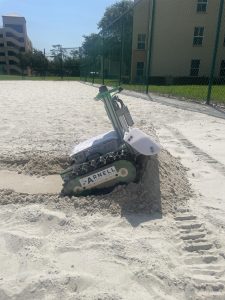
This year, COD’s team built a compact, bulldozer-style rover featuring bright green, 3D-printed parts and
other custom components. But the robot itself was just one part of the competition. The team’s success also stemmed from detailed technical documentation and formal presentations, all elements NASA uses to simulate real-world engineering processes, said third-year student and club computer science lead Grayson Arendt. The team earned third place for their Systems Engineering paper and received an honorable mention for autonomy from event sponsor Caterpillar.
“NASA does not only care about the end result; they care about how you reached that result,” Arendt said. “They want teams to evaluate design tradeoffs, plan deadlines, determine cost and create a robot that was intentionally engineered.”
COD’s rover stood out not only for its design but also for its performance, Arendt said.
“We were the first bulldozer-style robot to make the top 10,” he said. “It started out of simplicity and reliability, and we ended up with a design that could navigate, dig and push with real precision.”
The team began building the rover in September and continued through May, meeting weekly and often spending nights and weekends working out of the Technical Education Center (TEC).
“Making the robot takes up a lot of time, so you really get to connect with people on the team,” Arendt said. “By the time the Florida competition comes, it feels like a big family. We’ve experienced frustration, disappointment, relief, satisfaction and all sorts of other emotions together while taking on and overcoming hardships during robot development.”
In addition to the team’s success, Meloche was one of two educators at the competition to receive the 2025 NASA Artemis Educator Award. Nominated by his students, the award recognizes outstanding advisers who demonstrate exceptional support and leadership.
“It felt really great,” Meloche said. “I just really enjoy working with my students. It motivates me to do more for them.”
Competing against top-tier universities like Purdue, Alabama and West Point, COD defied expectations often associated with community colleges, Meloche said. As the only two-year institution at the NASA Lunabotics Challenge, COD proved that access to high-impact learning and technical excellence isn’t limited to four-year schools.
“The students at COD are some of the most passionate people I’ve worked with,” Arendt said. “They consistently go above and beyond to prove that a community college education doesn’t limit what you can accomplish. We don’t always have the same resources, but we make up for it with dedication, talent and a willingness to learn.”
Backed by strong institutional support, COD’s engineering students benefit from unique hands-on training opportunities rarely found at larger institutions. Since the college has a manufacturing facility and an esteemed welding program, the club can bring a welding student along with them on the trip.
“A lot of those students, sure, they might be computer scientists, but they might not have access to all these tools that we have,” said Meloche. “These hands-on skills are kind of unique to COD.”
This year, welding student Tommy Chyna not only supported COD’s team but also assisted other schools such as Cleveland State University.
“While we strive to win, we want to see other teams succeed too, and this is the same for many of the other teams that compete as well,” Arendt said. “There is generally a very friendly and collaborative atmosphere where everyone wants to see cool ideas come to life, even if it means helping your competitors.”
That same encouragement extends to any students interested in joining the club, regardless of their experience level, he said.
“Even if you think you don’t have the skills, join anyway,” Arendt said. “It can be intimidating to join a team with people who have more experience, but remember that they also started somewhere, too. Always get involved, make mistakes, and learn from them.”
To learn more about COD Engineering and Technology, visit https://www.cod.edu/academics/programs/engineering/engineering-club.html or contact Eric Meloche at [email protected] for more details.



